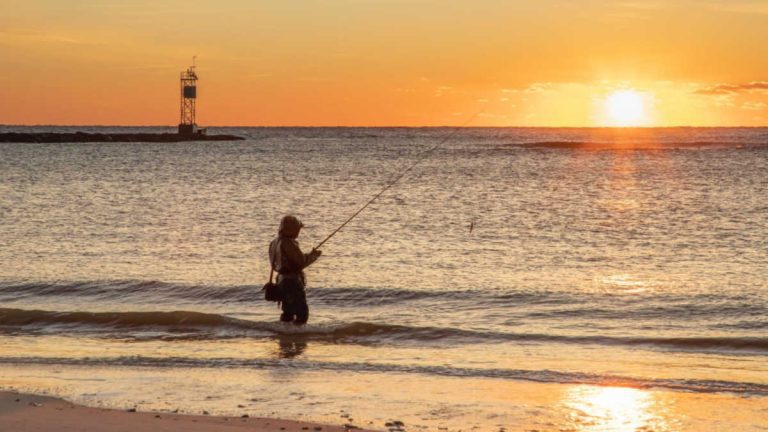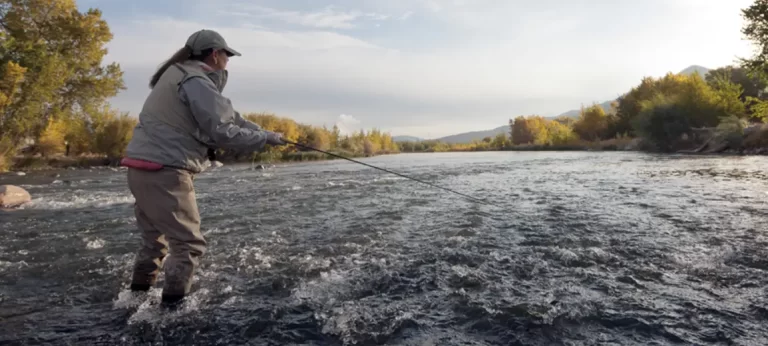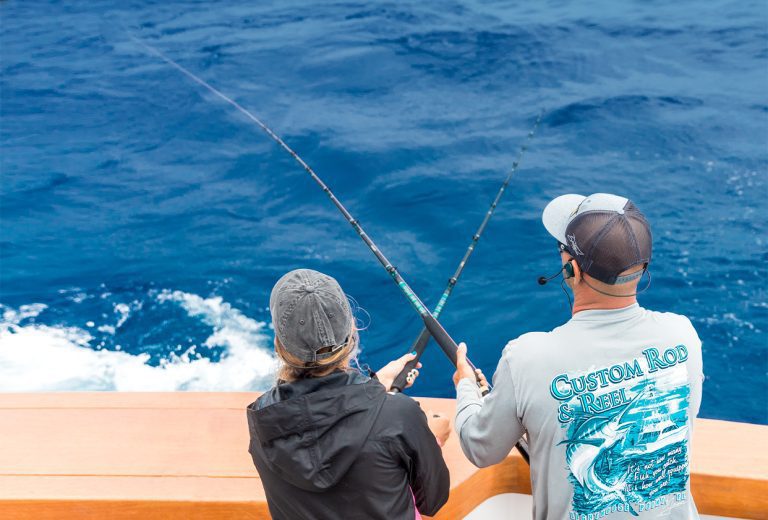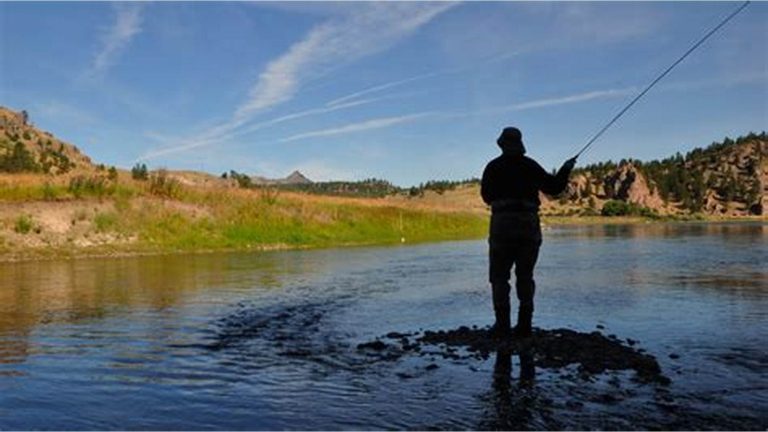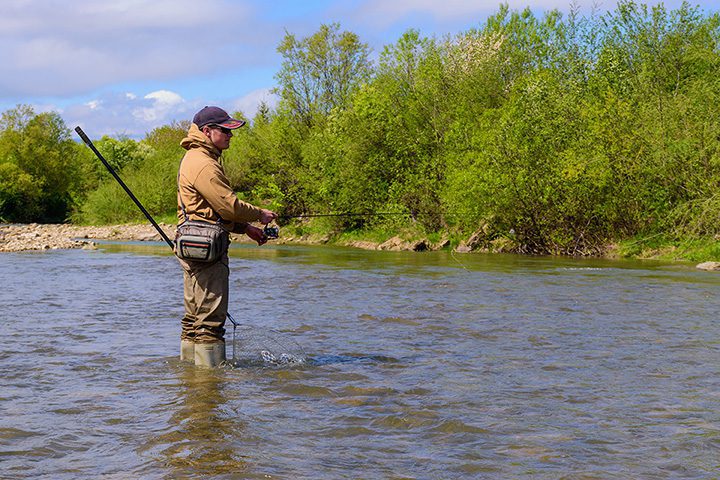For avid anglers in New York, few investments offer as much long-term value and convenience as a lifetime fishing license. This one-time purchase grants you the privilege of fishing in the state’s waters for your entire lifetime, eliminating the hassle of annual renewals and providing a cost-effective solution for those who live and breathe the sport of fishing.
In this comprehensive guide, we’ll explore the advantages of obtaining a New York lifetime fishing license, from significant cost savings over time to the unparalleled flexibility it offers. We’ll also dive into the specifics of eligibility, purchasing options, and how to make the most of your license across the state’s diverse fishing grounds.
What is a New York Lifetime Fishing License?
A New York lifetime fishing license is a single, upfront payment that allows you to fish legally in the state’s waters for the rest of your life. Unlike annual licenses that require renewal each year, this lifetime credential is a permanent investment in your passion for angling.
This license covers both freshwater and saltwater fishing, granting you access to New York’s lakes, rivers, streams, ponds, and coastal waters for recreational fishing purposes. It’s a versatile option for those who enjoy a variety of fishing experiences, from tranquil days on a quiet lake to the thrill of saltwater angling along the Atlantic coast.
Importantly, a portion of the fees collected from lifetime licenses directly supports the state’s conservation efforts. These funds help protect and restore fish habitats, stock waterways with desirable species, conduct research, and promote sustainable fishing practices, ensuring that New York’s aquatic ecosystems remain healthy and vibrant for generations to come.
Eligibility and Cost
To be eligible for a New York lifetime fishing license, you must meet the following criteria:
- Residents: Any person who has maintained a permanent residence in New York for at least one year.
- Non-Residents: Individuals who do not meet the residency requirements.
The cost of a lifetime license varies based on age and residency status as of 2024:
| Age Group | Resident Cost | Non-Resident Cost |
|---|---|---|
| 0-4 | $380 | $1,820 |
| 5-11 | $535 | $1,820 |
| 12-69 | $640 | $1,820 |
| 70 and older | $65 | $1,820 |
Although the initial cost of a lifetime license may seem higher than an annual license, avid anglers can enjoy substantial long-term savings by investing in this one-time purchase. For example, a resident lifetime license for someone aged 12-69 costs $640. In comparison, an annual resident fishing license costs $25. After just 26 years, the lifetime license becomes more cost-effective, making it an excellent investment for those who plan to fish regularly throughout their lives.
Advantages of a Lifetime License
Beyond the long-term cost savings, a New York lifetime fishing license offers several key advantages:
- Convenience and Flexibility: With a lifetime license, you never have to worry about renewing your credentials or keeping track of expiration dates. This unparalleled convenience allows you to focus solely on enjoying your fishing adventures without any administrative hassles.
- Supporting Conservation Efforts: A portion of the fees collected from lifetime licenses directly contributes to the state’s conservation efforts, helping to preserve and protect New York’s aquatic ecosystems for future generations of anglers.
- Gifting Opportunities: A lifetime fishing license can make an excellent gift for a loved one who shares your passion for the sport, instilling a love for the outdoors from an early age or providing a thoughtful present that keeps on giving for years to come.
Purchasing Options
You can purchase a New York lifetime fishing license through the following convenient channels:
- Online: Visit the New York Department of Environmental Conservation (DEC) website and follow the prompts to purchase your license securely online.
- In-Person: Visit any DEC-authorized license issuing agent, such as town clerks, county clerks, or sporting goods stores across the state.
- By Phone: Call the DEC’s lifetime license sales line at 1-866-933-2257 and complete your purchase over the phone with a representative.
Whichever method you choose, be sure to have the necessary documentation and payment information ready to complete your transaction smoothly.
Using Your Lifetime License
With your New York lifetime fishing license in hand, you’ll have access to a wealth of fishing opportunities across the state. However, it’s important to familiarize yourself with the specific regulations and restrictions that apply to different types of fishing and locations.
Freshwater Fishing
Your lifetime license grants you access to fish in all of New York’s freshwater bodies, including lakes, rivers, streams, and ponds. However, be aware that some waterbodies may have catch limits, size restrictions, or seasonal closures in place to protect certain fish species or habitats.
It’s crucial to stay informed about the latest regulations for the specific areas you plan to fish. The DEC website and local bait and tackle shops are excellent resources for staying up-to-date on any changes or special rules that may apply.
Saltwater Fishing
In addition to freshwater fishing, your lifetime license also covers recreational saltwater fishing along New York’s coastal waters, including the Atlantic Ocean, Long Island Sound, and various bays and inlets. However, saltwater anglers must register with the New York Recreational Marine Fishing Registry , which is free for lifetime license holders.
As with freshwater fishing, it’s essential to familiarize yourself with the regulations and restrictions specific to saltwater fishing, such as catch limits, gear restrictions, and reporting requirements. These measures are in place to ensure the sustainable management of marine fisheries and protect vulnerable species.
Regulations and Restrictions
While a lifetime license provides broad fishing privileges, it’s crucial to understand and comply with all applicable regulations. These may include:
- Catch Limits: Restrictions on the number and size of certain fish species you can keep.
- Seasonal Closures: Certain waterways or areas may be closed during specific times of the year to protect spawning fish or for conservation purposes.
- Gear Restrictions: Limitations on the types of fishing gear allowed, such as lures, bait, or tackle.
- Reporting Requirements: In some cases, you may be required to report your catch or participate in surveys to assist with fisheries management.
Failure to adhere to these regulations can result in fines or other penalties, so it’s essential to stay informed and follow the rules to ensure a responsible and enjoyable fishing experience.
By investing in a New York lifetime fishing license, you’re not only securing a lifetime of angling adventures but also contributing to the preservation of the state’s aquatic resources for generations to come. With its unparalleled convenience, cost-effectiveness, and support for conservation efforts, a lifetime license is an investment that truly pays dividends for those who live and breathe the sport of fishing.
Can I use my New York lifetime fishing license in other states?
No, your lifetime license is only valid for fishing in New York waters. If you plan to fish in other states, you’ll need to purchase the appropriate licenses or permits required by those states.
Do I need to carry my lifetime license with me while fishing?
Yes, you should always have your lifetime license on your person when fishing, as you may be required to present it to authorities upon request.
Are there any additional fees or stamps required with a lifetime license?
In some cases, you may need to purchase additional stamps or permits, such as a trout stamp or a marine fishing registration, depending on the type of fishing you plan to do.
Can I transfer or sell my lifetime license to someone else?
No, lifetime fishing licenses are non-transferable and cannot be sold or given to another person.
What happens if I lose my lifetime license?
If you lose your lifetime license, you can obtain a replacement by contacting the New York Department of Environmental Conservation and providing the necessary information and fees.

